May 14, 2025 | 07:07 GMT +7
May 14, 2025 | 07:07 GMT +7
Hotline: 0913.378.918
May 14, 2025 | 07:07 GMT +7
Hotline: 0913.378.918
On the morning of April 8, Vietnam Minister of Agriculture and Environment Do Duc Duy received and held a working session with the 2025 Program Team of the Asian Development Bank (ADB), led by Mr. Shantanu Chakraborty, ADB Country Director for Vietnam.
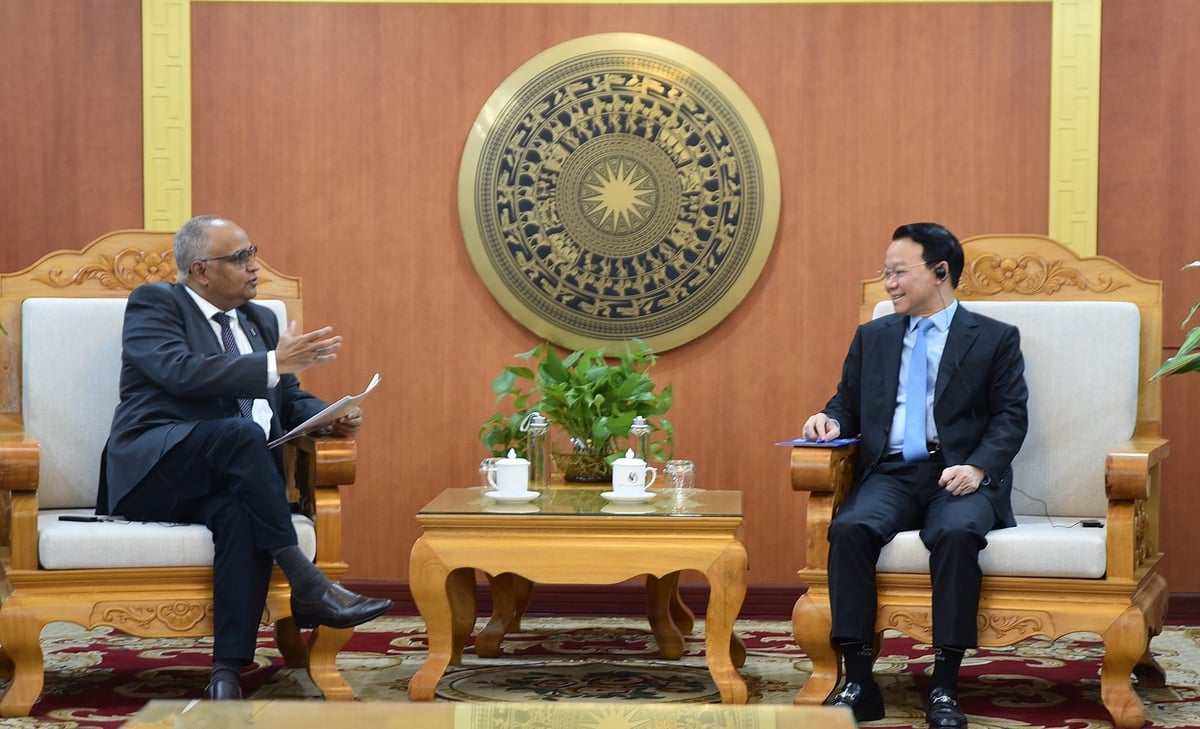
Mr. Shantanu Chakraborty, ADB Country Director for Vietnam, worked with Minister of Agriculture and Environment Do Duc Duy. Photo: Kieu Chi.
Director Shantanu Chakraborty affirmed that ADB's core objective is to support Vietnam's agriculture and environment sectors in adapting to and mitigating climate change impacts, reducing carbon emissions, while also promoting marine ecosystem protection and water security.
He emphasized that ADB currently possesses a robust financial capacity to provide loans to both the Vietnamese Government and the private sector. Over the past two years, ADB has scaled up its lending activities and looks forward to continued close collaboration with the Ministry of Agriculture and Environment (MAE). This partnership aims to strengthen ADB’s role as a strategic national partner of Vietnam for the 2023-2026 period.
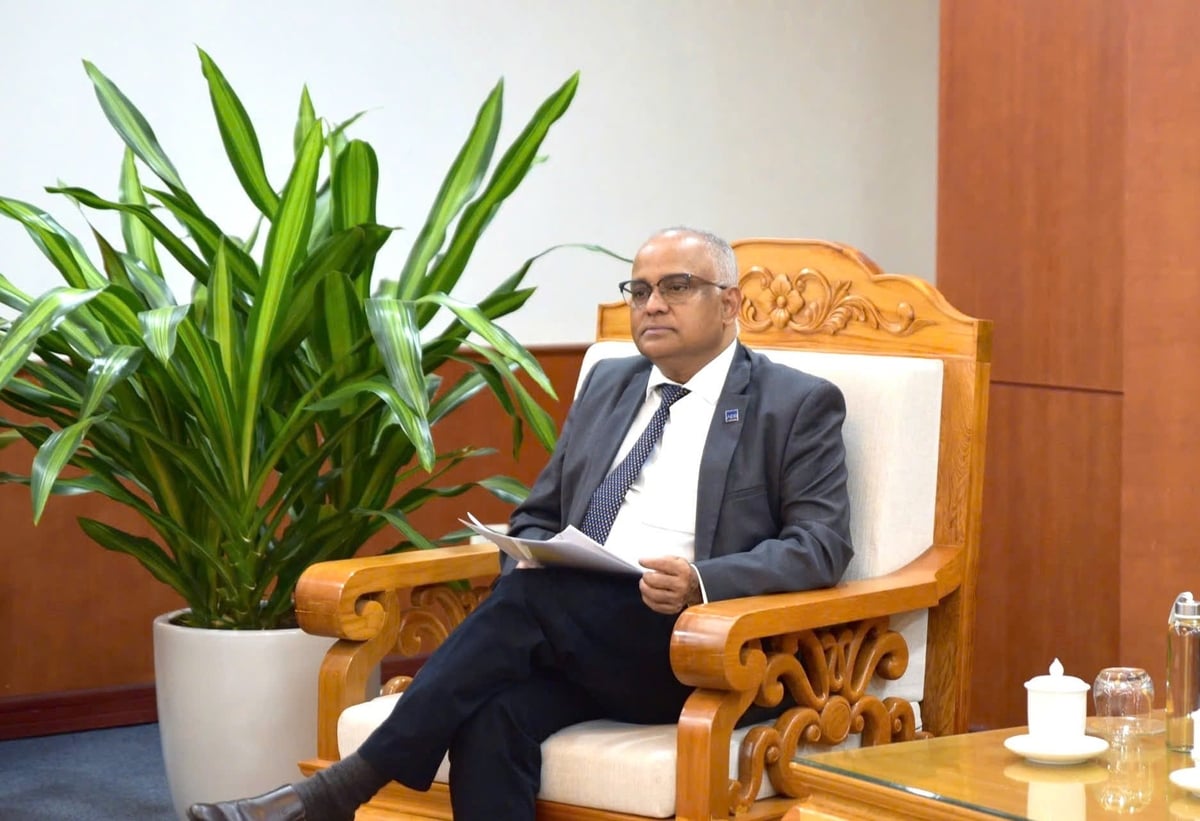
Mr. Shantanu Chakraborty emphasized that he will continue to support Vietnam's agriculture and environment sectors. Photo: Kieu Chi.
The ADB Country Director for Vietnam added: “We are ready to support the development of agricultural value chains and the diversification of crop production to generate higher economic value for farmers, within the framework of the Project on Sustainable Development for One Million Hectares of High-Quality, Low-Emission Rice Cultivation linked with Green Growth in the Mekong Delta Region by 2030.”
Regarding projects and technical assistance, Mr. Shantanu Chakraborty shared that ADB has been effectively collaborating with the MAE as well as local authorities. In Yen Bai province, ADB has implemented community-based livelihood support programs, strengthened connectivity with residential clusters, and promoted sustainable, nature-based agricultural development.
Following the remarks of the ADB delegation, Minister Do Duc Duy expressed his sincere gratitude to ADB for the practical and active support provided to Vietnam's agriculture and environment sectors in recent times.
The Minister emphasized that in the coming period, the MAE will continue to strongly promote and expand cooperation with ADB, with the aim of effectively implementing priority programs and projects. Currently, several key projects such as ADB-9, ADB-10, and TA-9417 VIE have been approved for investment policies by the competent authorities.
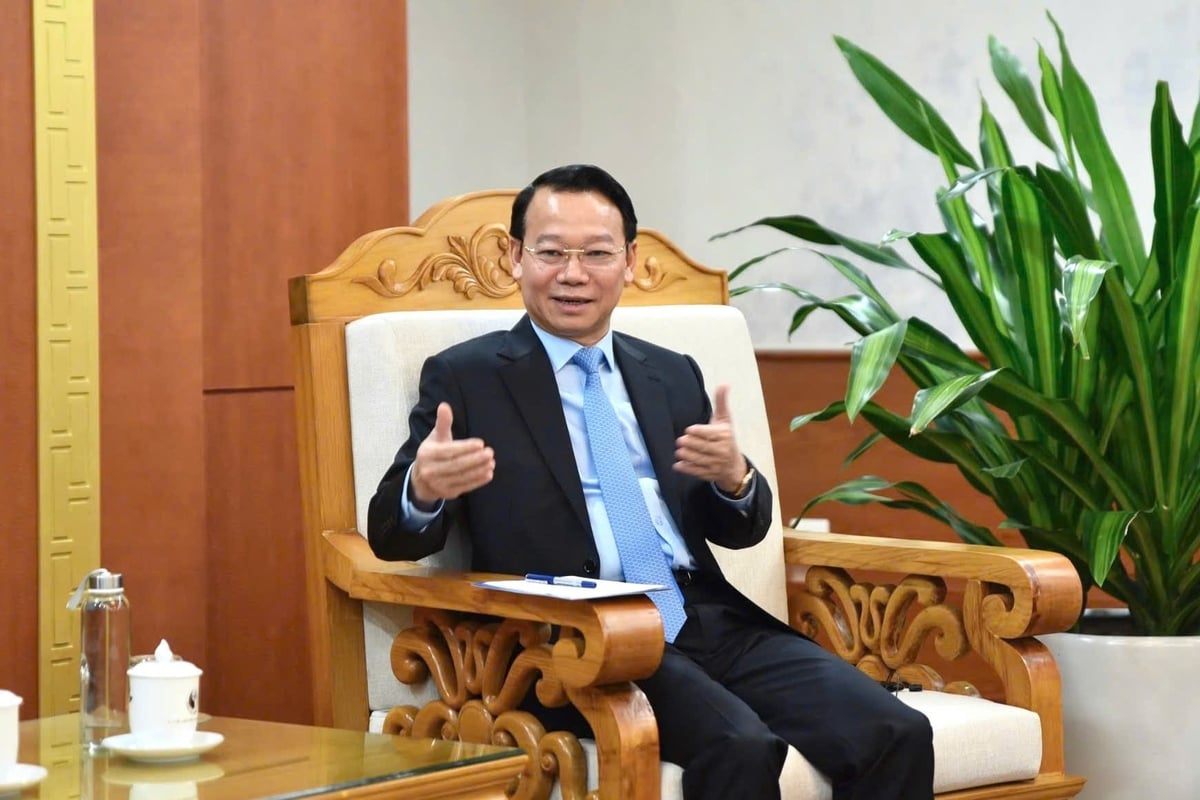
Minister Do Duc Duy stated that the application of digital technology in agriculture is a key priority for Vietnam. Photo: Kieu Chi.
Minister Do Duc Duy stated that the application of digital technology in agriculture, particularly in the transformation of the rice sector toward transparency, responsibility, and sustainability, is a key priority for Vietnam. These efforts need to be effectively integrated with ADB’s climate change adaptation projects to enhance overall impact.
The Minister added: “The Government and MAE are placing special emphasis on river basin planning, assessing environmental carrying capacity, and restoring aquatic ecosystems. We hope that ADB will accompany us in planning efforts, infrastructure investments, and the implementation of timely solutions.”
He also noted that the Ministry will consult ADB for technical advice and investment resources to implement projects aimed at transforming public transportation systems toward greener models, improving urban air quality management, and strengthening public participation.
In agreement with ADB’s proposals, the Minister expressed hope that ADB will continue to support the implementation of both technical and financial components and offer flexible lending mechanisms.
He highly appreciates the marine ecosystem investment project in the Gulf of Thailand, which is significant for fisheries benefits for Vietnam, Thailand, and Cambodia, and therefore expects frequent exchanges to lead to an agreement soon.
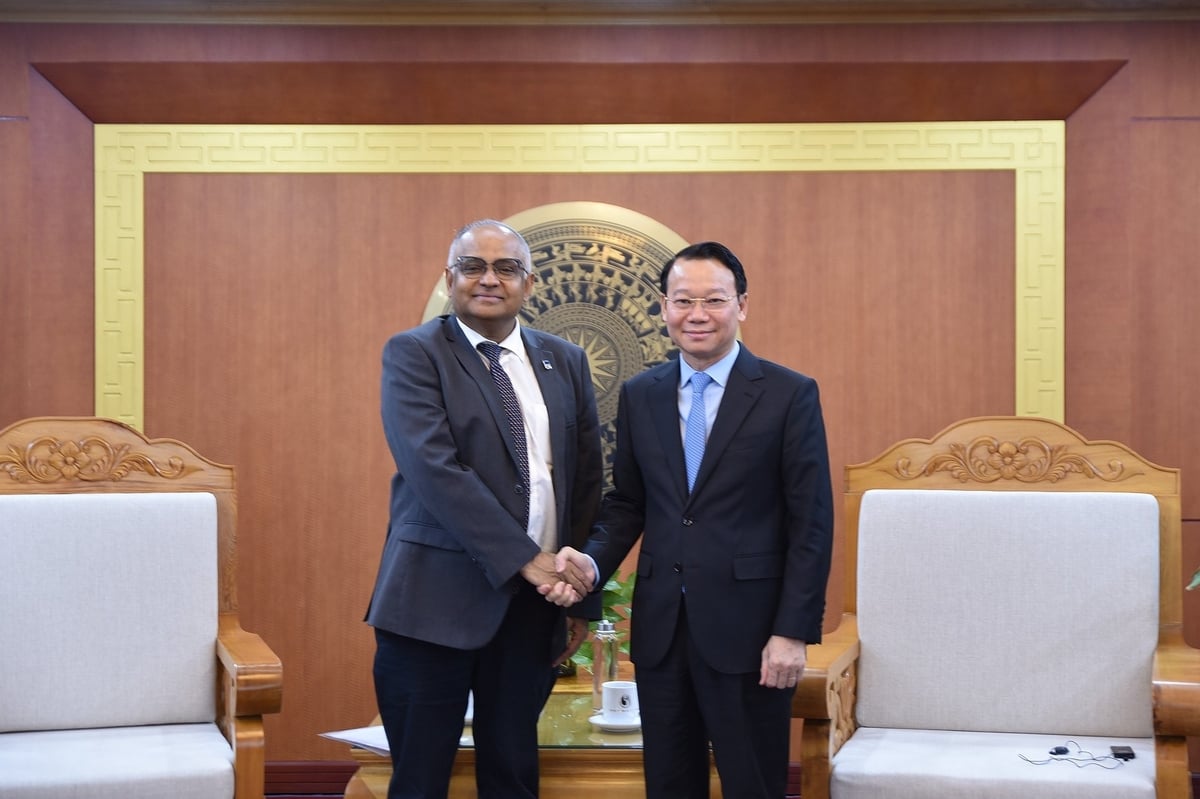
ADB and MAE will accelerate the preparation of projects before the first quarter of 2026. Photo: Kieu Chi.
At the conclusion of the meeting, both sides agreed to expand cooperation in key areas of the agriculture and environment sectors. Those include dam safety management, ensuring transboundary water security and sustainable use of water resources, sustainable forestry development, restoration of mangrove ecosystems, supporting socio-economic development in mountainous regions and especially disadvantaged communes. These efforts aim to contribute to the achievement of the national millennium development of sustainable goals.
ADB is committed to achieving a prosperous, inclusive, resilient, and sustainable Asia and the Pacific, while sustaining its efforts to eradicate extreme poverty. Established in 1966, it is owned by 68 members in diferrent regions.
Translated by Kieu Chi
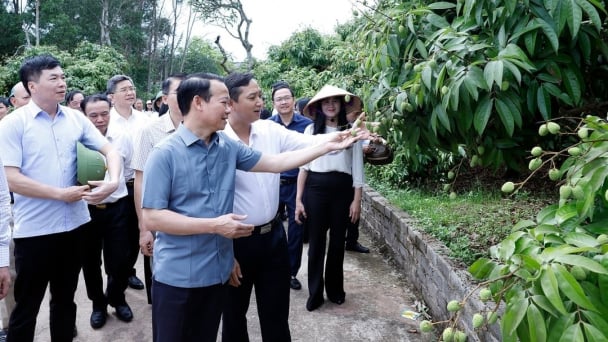
(VAN) Agriculture and environment sector experienced a 3.74% increase in growth during the first four months of 2025, with exports surpassing 21 billion USD. This growth was sustained by effective reforms and a trade surplus.

(VAN) Taiwan offers a promising market for Vietnamese turmeric; however, it enforces stringent standards, particularly concerning residual additives, colourants, and substances with potential carcinogenic effects.
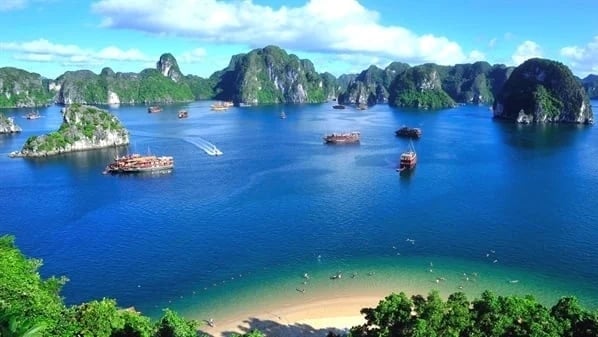
(VAN) Through activities at Vietnam Sea and Island Week 2025, solutions will be developed to fully harness the potential and advantages of Vietnam's marine economy.
![Multi-channel, multi-directional Vietnamese agricultural markets: [4] EVFTA and the 0% tax advantage](https://t.ex-cdn.com/nongnghiepmoitruong.vn/608w/files/linhnhp/2025/05/12/day-chuyen-che-bien-tom-tai-1-nha-may-cua-sao-ta-205536_359-1044193.jpg)
(VAN) The near-complete elimination of import tariffs on Vietnamese goods makes the EVFTA the highest commitment the EU has ever made to a partner in its signed trade agreements.
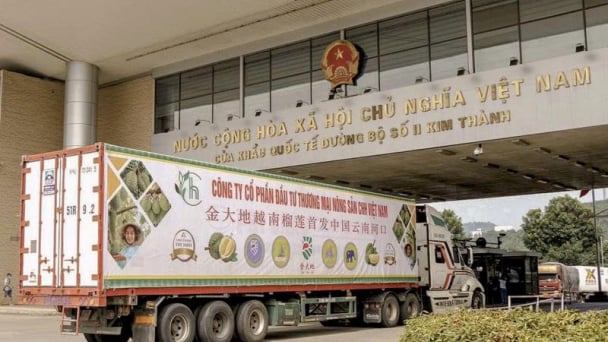
(VAN) Deputy Minister Phung Duc Tien hopes that China will facilitate the entry of Vietnamese agricultural products into its market and accelerate customs clearance at border gates.
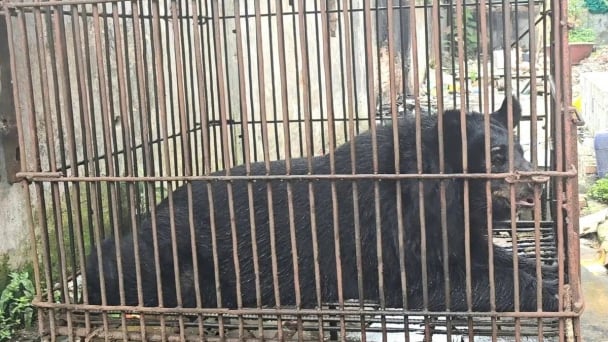
(VAN) On May 10, the Animals Asia Foundation and the Hai Phong Crop Production and Forest Protection Department successfully rescued a nearly 20-year-old sun bear that was being kept by locals.
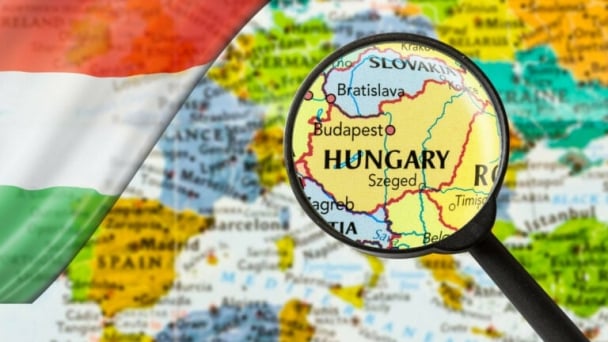
(VAN) Does Hungary have an opportunity to expand poultry production in the coming years despite the pressure from avian influenza and challenges of the trade war?